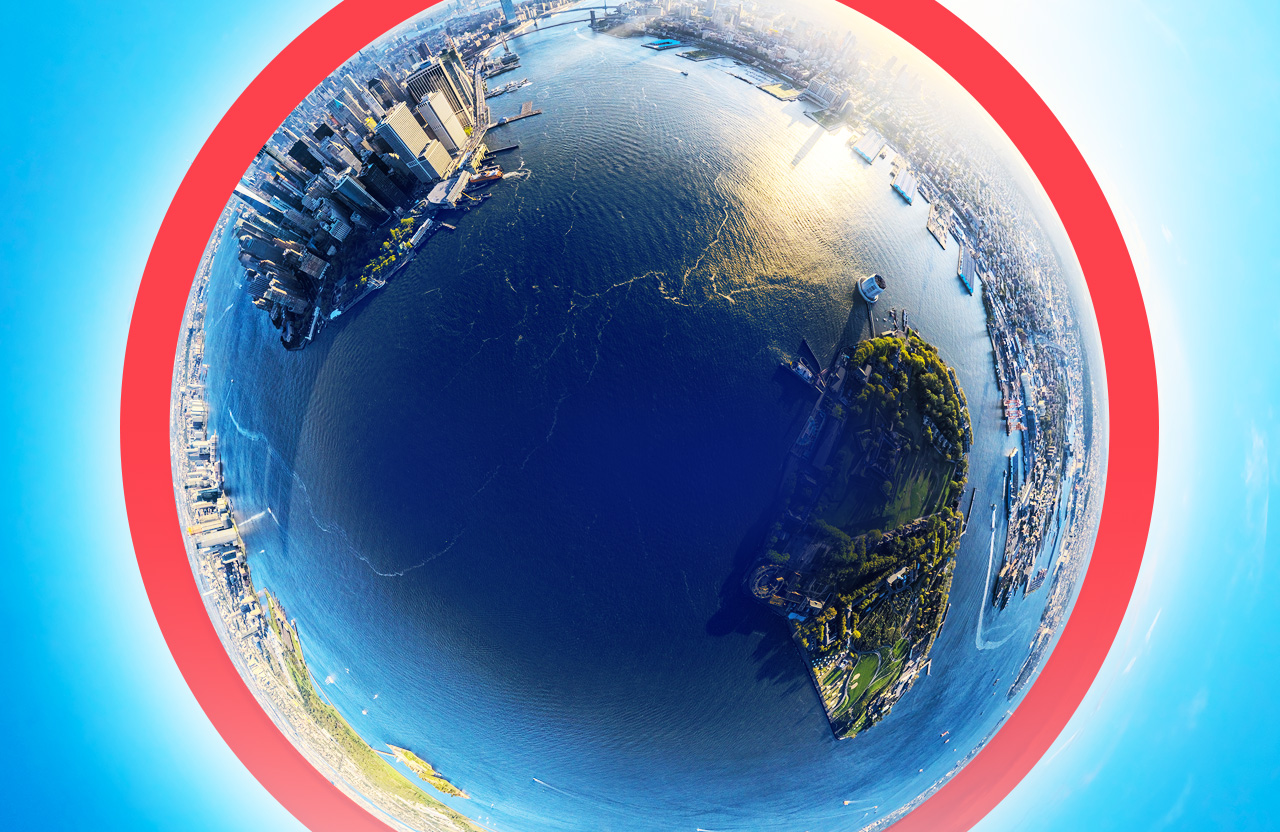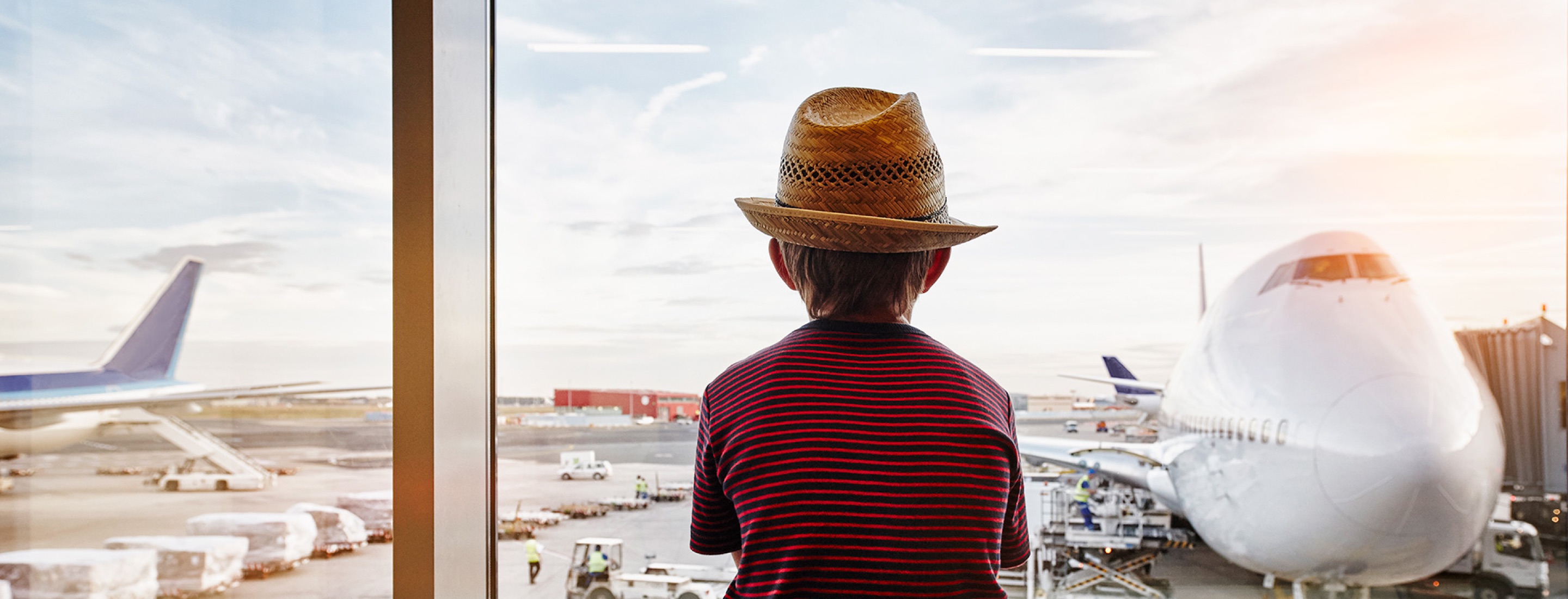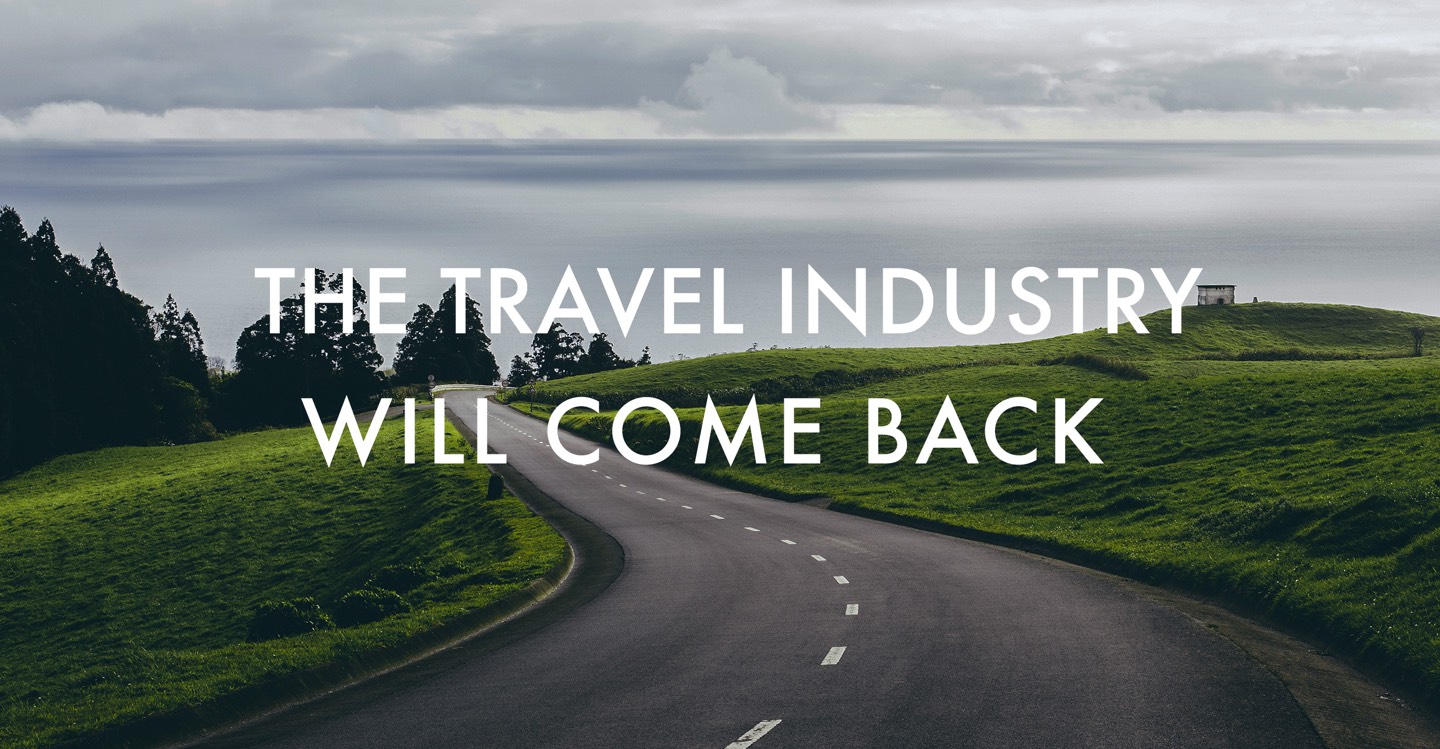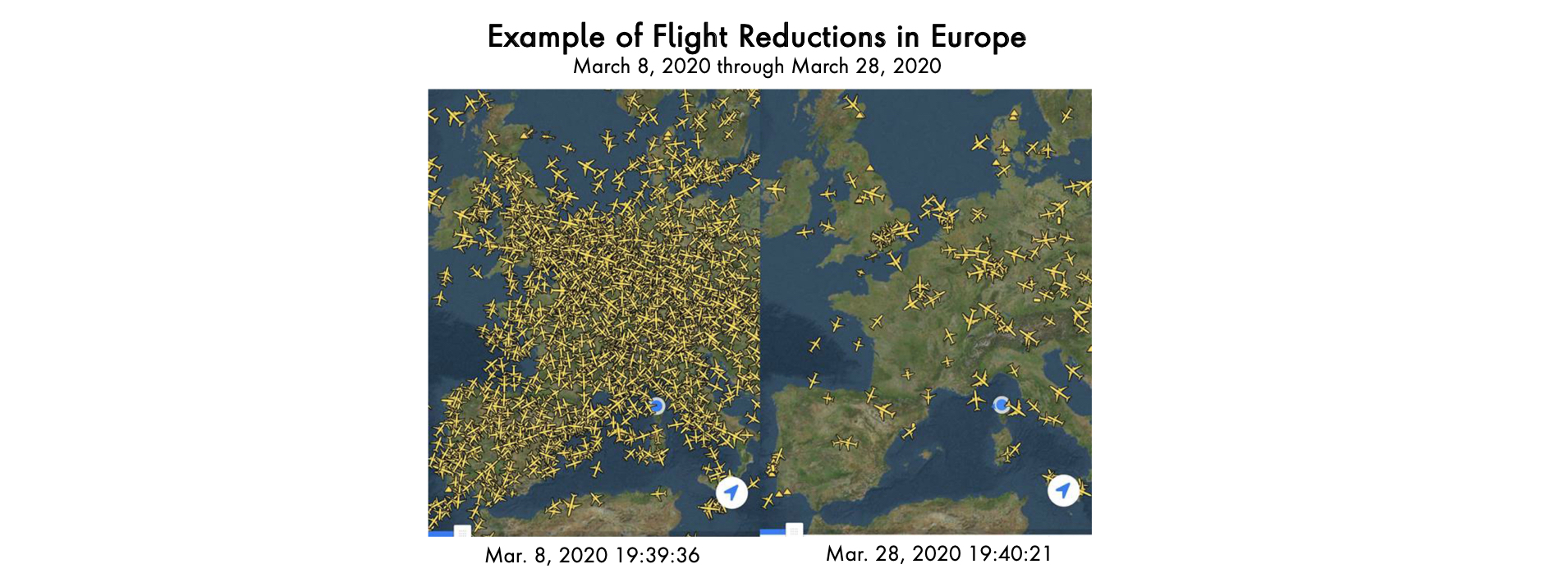How will travel and hospitality evolve post-COVID-19? Here are four actions the travel brands can take to prepare for the future.
1. Engage customers to stay top of mind.
While many travel companies are cutting budgets to preserve cash, they might forget that marketing is more important than ever. Travel companies are integral parts of their local communities and should continue to find ways to actively participate in the COVID-19 response. Delta, for example, is flying medical volunteers for free, Four Seasons in New York City is offering free rooms for healthcare workers, and Carnival has offered their ships to be used as offshore medical facilities.
Travel brands can also learn from companies that invested in and prioritized marketing during past recessions. Researchers have found that brands can speed up their recovery post-recession by building brand value and awareness during the recession. One example of a destination currently putting this into practice is Visit Last Vegas, with its #OnlyYou Campaign. The video showcases an empty Las Vegas strip and works to remind people that the city will be there when they begin to travel again.
2. Digitize and streamline your contact center.
As guests around the world are shifting and cancelling their travel, company contact centers are facing unprecedented spikes in volume. The research team from digital business transformation company Publicis Sapient found that in the third week of March 2020, average wait times for customers were over two hours. For one particular airline, as many as 50 percent of its customer calls went unanswered.
Companies can reduce call center volumes by streamlining digital touchpoints to make it easier for customers to cancel and rebook via digital channels. Leading companies have blended their digital and call center teams, automating the use of natural language processing tools to analyze calls and optimize customer demands fluidly across channels.
“Travel brands should use this slowdown to streamline operations and diversify their business by reevaluating customer service, demonstrating empathy, earning consumer trust, and improving inventory and products for when demand does come back,” said Khurram Farooqui, group vice president at Publicis Sapient.
3. Reevaluate your competitive landscape.
The economic impact of COVID-19 is inevitable. Many regional airlines, small- to medium-sized hotels, and independent travel agencies will face financial difficulty and bankruptcy. Recovery will not be homogeneous as different parts of the world fight to control the spread of the virus on different timelines. Domestic travel is likely to recover faster than international travel, and some countries will be open for business before others.
This means that brands have to reevaluate what the competitive landscape might look like post-recovery. While the timeline is hard to predict, companies in the position to do so need to take steps now to be ready to gain market share, enter new markets, and offer new products.
While entering new markets requires understanding and attracting new customers, there is a wealth of data that allows companies to analyze customer behavior, identify the right prospects, and look for signals to identify when travel is picking back up.
Once these markets are identified, companies can streamline their marketing technology and processes to be able to get the right messages to the right customers at the right time. Setting up dynamic segmentation and then lining up the right offers and promotions will help brands bounce back more quickly.
It’s likely that the changing competitive landscape will make it more necessary for brands to invest in direct-to-customer digital channels. Cruise lines, for example, will have the opportunity to sell directly to consumers, as many of the small cruise-focused travel agents may not recover. Direct hospitality bookings are also likely to strengthen, as some travelers will hesitate to book through online travel agencies or stay at Airbnb properties as they seek out increased quality assurances and flexibility in their rebooking and cancellation options.
4. Bring health and wellness to the forefront through contactless technologies.
Health and wellness practices will no longer be a nice-to-have in a post-COVID-19 world. All travelers will expect higher standards to ensure their well-being, and digital tools will enable and expand existing “no touch” options.
For example, mobile-first technologies such as contactless payments have been in the market for a few years, with limited adoption. However, recent behaviors signal a spike in adoption as customers become more comfortable with the behavior and reconsider who and what they come into physical contact with. For travelers and guests, mobile usage will increase throughout the travel journey, from passports and boarding passes, to keyless hotel entry and digital checkout at hotels.
Hotels will also need to accelerate their investments in “no touch” technologies, such as biometrics, gesture controls, and automation, to personalize digital interactions while enabling social distancing. A leading example of this can be found at the Chengdu Shuangliu airport in China, which has kiosks that already use facial recognition to help travelers check their flight status and find their gate.
“The travel industry is at a point of disruption, and the future will be brighter but different from what we’ve seen in the past,” said David Taylor, strategy and consulting lead at Publicis Sapient. “As we consider the economic consequences combined with the explosion of new technologies from 5G to artificial intelligence, I’m excited to see how companies respond and evolve and how the startup community emerges from this event.”








